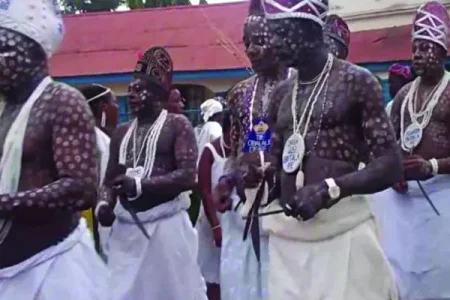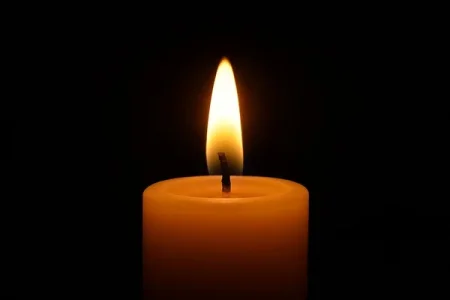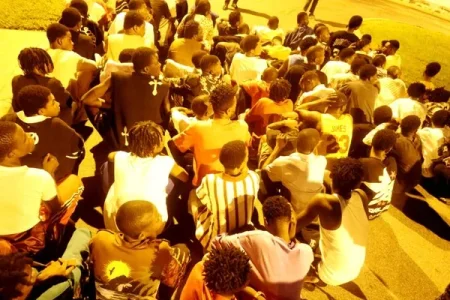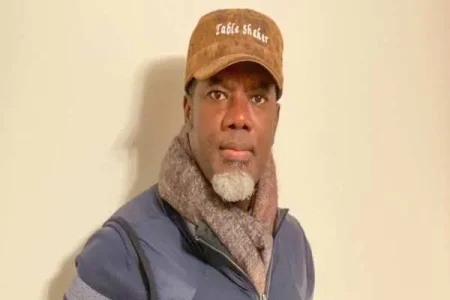
Lagos State announces the Oro Festival from August 1-15, coinciding with a planned protest against economic hardship. Critics on social media accuse the government of using the festival to stifle dissent and ridicule Yoruba culture. The timing has sparked widespread controversy and debate among Lagosians.
Lagos State has announced that the Oro Festival will be observed across various communities from August 1 to August 15. This traditional Yoruba cultural event involves significant rituals, and its timing has sparked controversy as it coincides with a planned protest against President Bola Tinubu’s government and the prevailing economic hardship in Nigeria.
Critics argue that the festival's timing is politically motivated, and intended to disrupt the protest. On Twitter, Nigerians are expressing their dissatisfaction, with one user commenting, "See wetin dem reduce gods to," while another added, "Egbon see as these useless people are ridiculing us because of one man?"
The announcement has led to widespread criticism, with many seeing it as a deliberate attempt to use cultural practices to stifle dissent. Another tweet stated, "When politics take over everything, cultural values get taunted and important ancestral practices become tools of oppression willed by the politicians at desired times."
The Oro Festival traditionally requires females and non-natives to stay indoors, which many believe will limit the protest's effectiveness. One user expressed, "If not for Tinubu, we never knew our revered Oro can be used as a political tool. I am painfully embarrassed."
The timing of the Oro Festival has fueled allegations that Yoruba culture is being used as a political tool. Another user stated, "Hunger dey o You guys are easily predictable. Your Oro festival is now a political tool. I'm happy you guys are the ones bringing it to ridicule."
Despite the controversy, some defend the festival's significance, with one remarking, "The owners of the land decided they want to use it for a better thing before animals destroy it."
As the situation unfolds, Lagosians are left questioning the true intentions behind the festival's timing and its impact on the planned protests against economic hardship.




